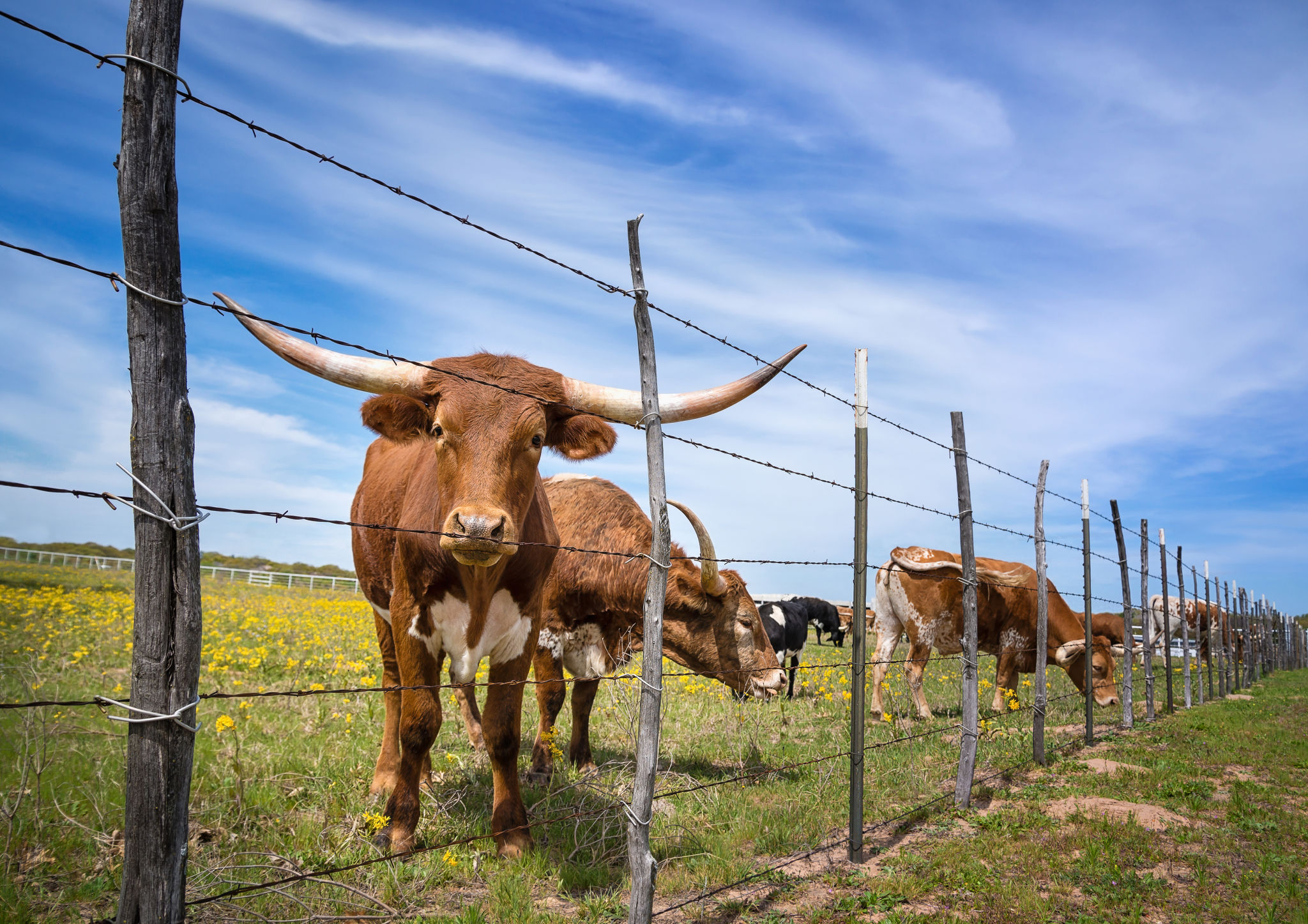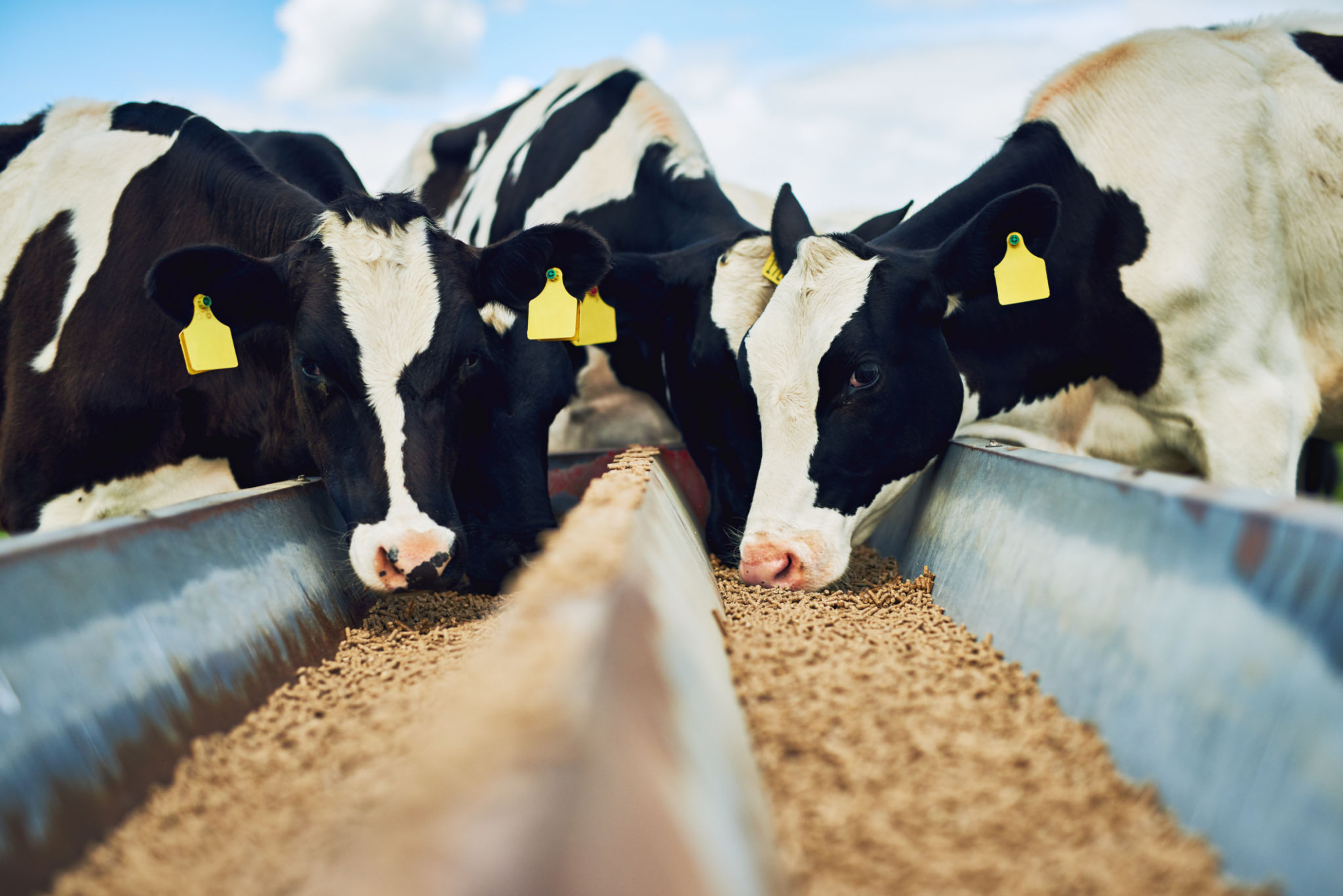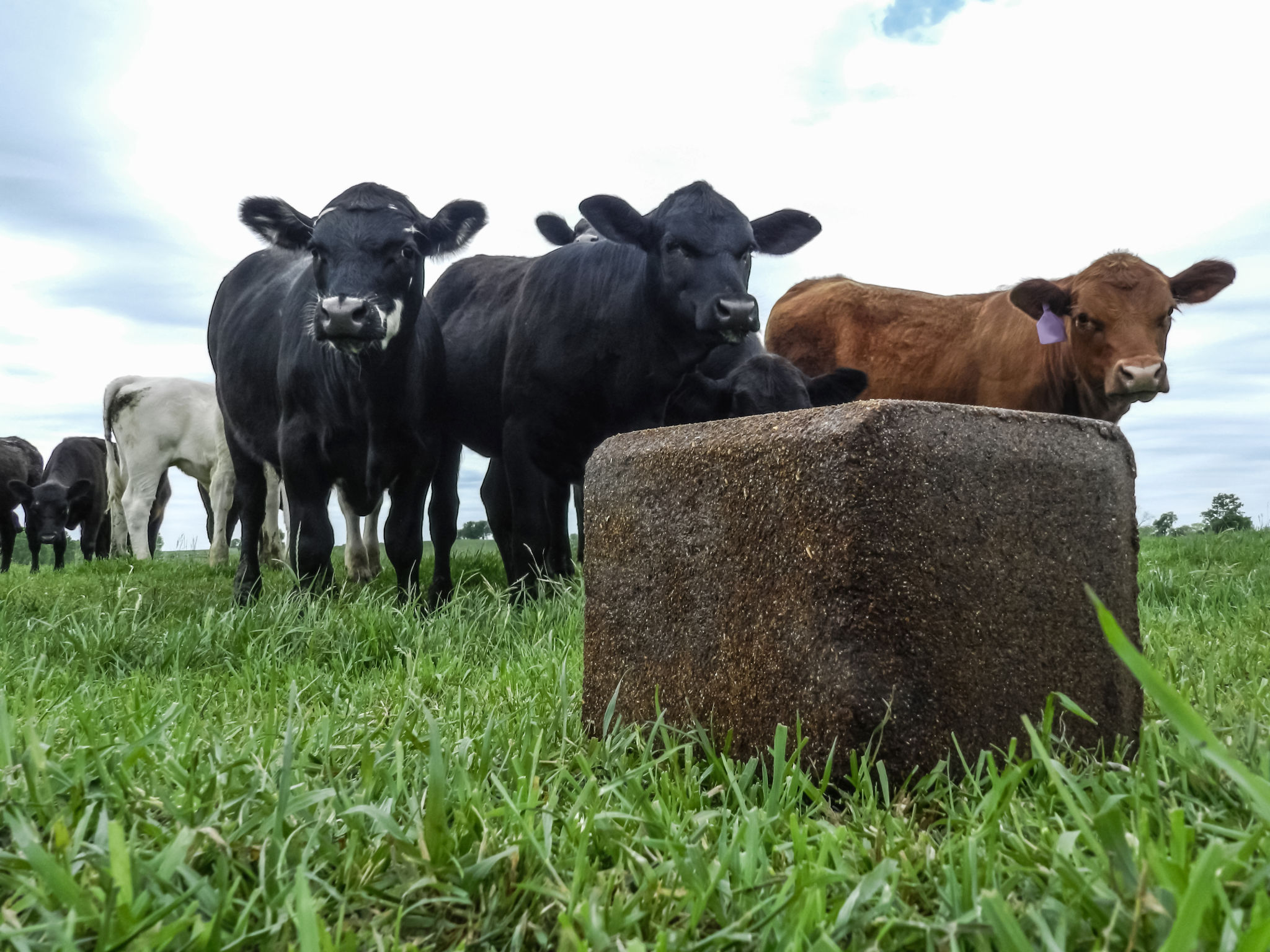Texas Livestock Nutrition: Essential Tips from Local Experts
Understanding the Basics of Livestock Nutrition
In Texas, livestock nutrition is a critical component of successful farming and ranching. Ensuring that animals receive the proper nutrients is essential for their growth, reproduction, and overall health. Local experts emphasize the importance of understanding the specific dietary needs of different livestock species, as these needs can vary significantly.

Essential nutrients include proteins, carbohydrates, fats, vitamins, and minerals. Each of these plays a crucial role in maintaining the health and productivity of livestock. Proteins are vital for growth and repair, while carbohydrates and fats provide energy. Vitamins and minerals support various bodily functions, including immune response and bone development.
Adapting Nutrition Plans to Climate and Season
Texas is known for its diverse climate, which can range from humid in the east to arid in the west. This variability means farmers need to adapt their livestock nutrition plans according to the season and weather conditions. During hotter months, ensuring adequate water supply is critical, as dehydration can lead to severe health issues.
In cooler months, energy requirements may increase as animals expend more energy to maintain body heat. Providing high-energy feed and supplements during these times can help livestock stay healthy and productive.

Choosing the Right Feed
Selecting the appropriate feed is another crucial aspect of livestock nutrition. Experts recommend evaluating feed quality regularly to ensure it meets nutritional standards. It is important to consider factors such as fiber content, protein levels, and digestibility when choosing feed for different animals.
Many Texas ranchers have started incorporating more sustainable feeding practices by using locally sourced ingredients and rotating pastures. This not only supports the local economy but also promotes environmental health.
The Role of Supplements
While a balanced diet can meet most nutritional needs, supplements can play a significant role in enhancing livestock health and productivity. Supplements can help address specific deficiencies or boost performance during critical periods like breeding or lactation.

Common supplements include mineral blocks, protein tubs, and vitamin injectables. It's crucial to consult with a veterinarian or livestock nutritionist to tailor the supplementation program to specific herd requirements.
Monitoring Livestock Health
Regular health monitoring is essential for assessing the effectiveness of a nutrition plan. Observing changes in weight, coat condition, and behavior can provide valuable insights into an animal's nutritional status. Regular veterinary check-ups can also help detect potential issues early on.
Local experts recommend maintaining accurate records of feed intake, growth rates, and health incidents. This data can help in making informed decisions about any necessary adjustments to the diet.
Education and Continuous Learning
Staying informed about the latest research and trends in livestock nutrition is crucial for Texas farmers. Workshops, seminars, and online courses provide valuable opportunities for continuous learning. Engaging with local agricultural extension services can also offer insights specific to regional challenges and solutions.

By implementing these essential tips from local experts, Texas livestock producers can optimize their nutrition strategies, ensuring healthy and productive herds that thrive in the state's unique environment.